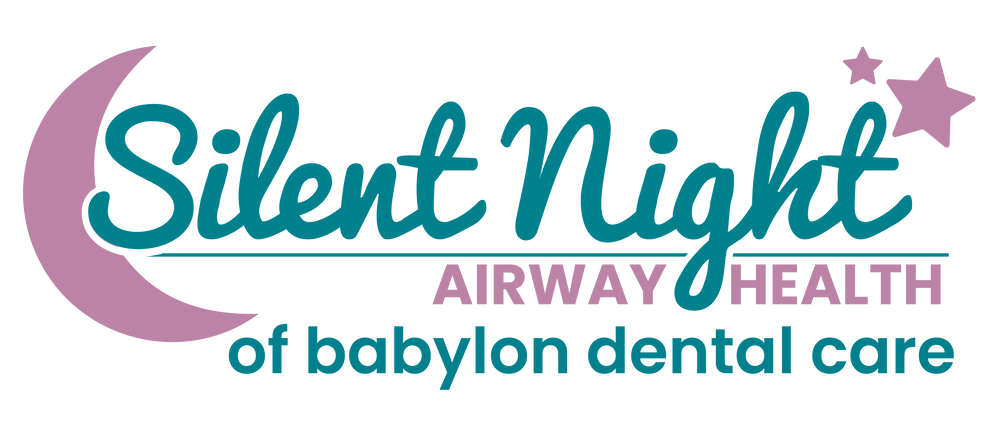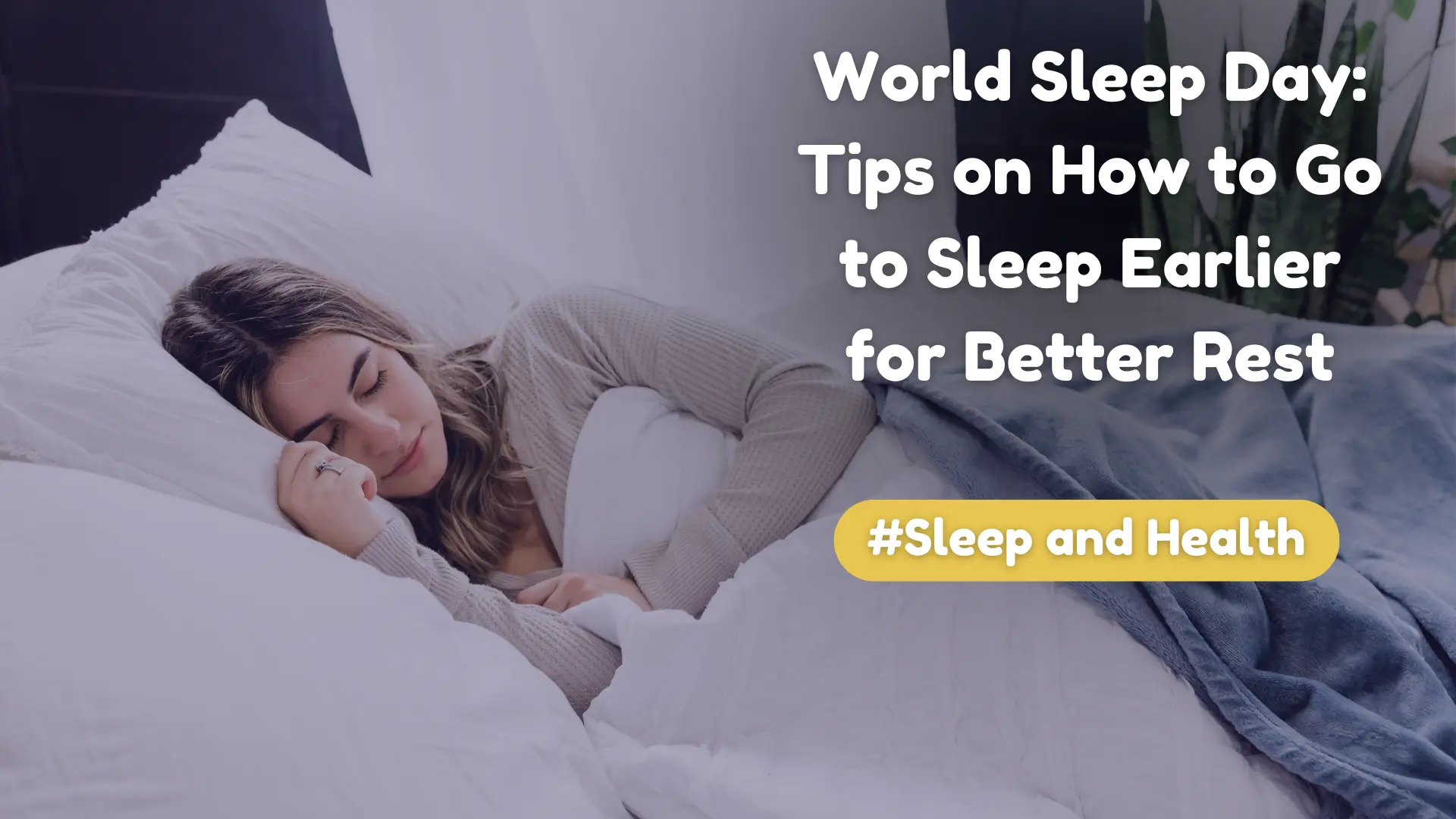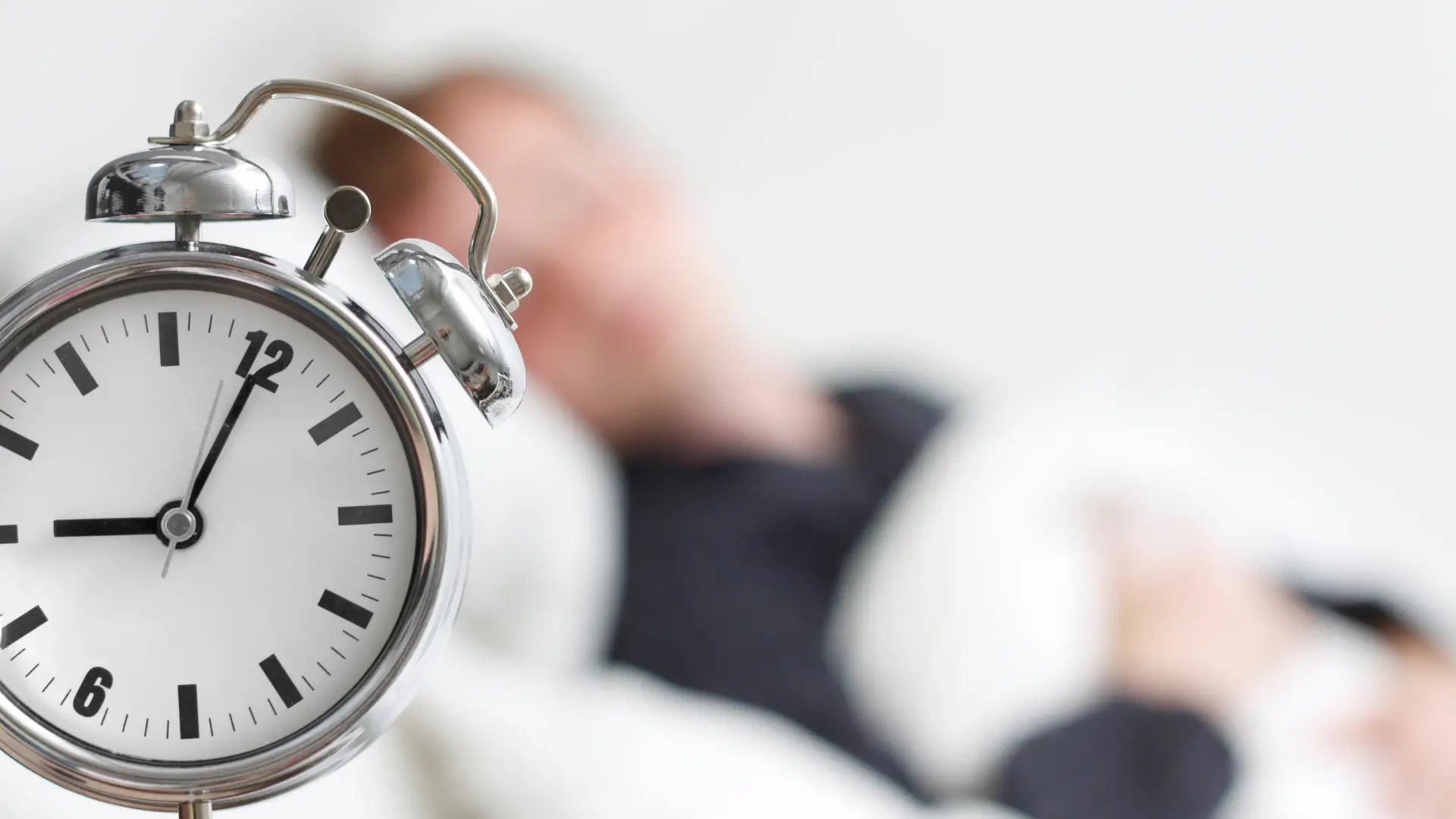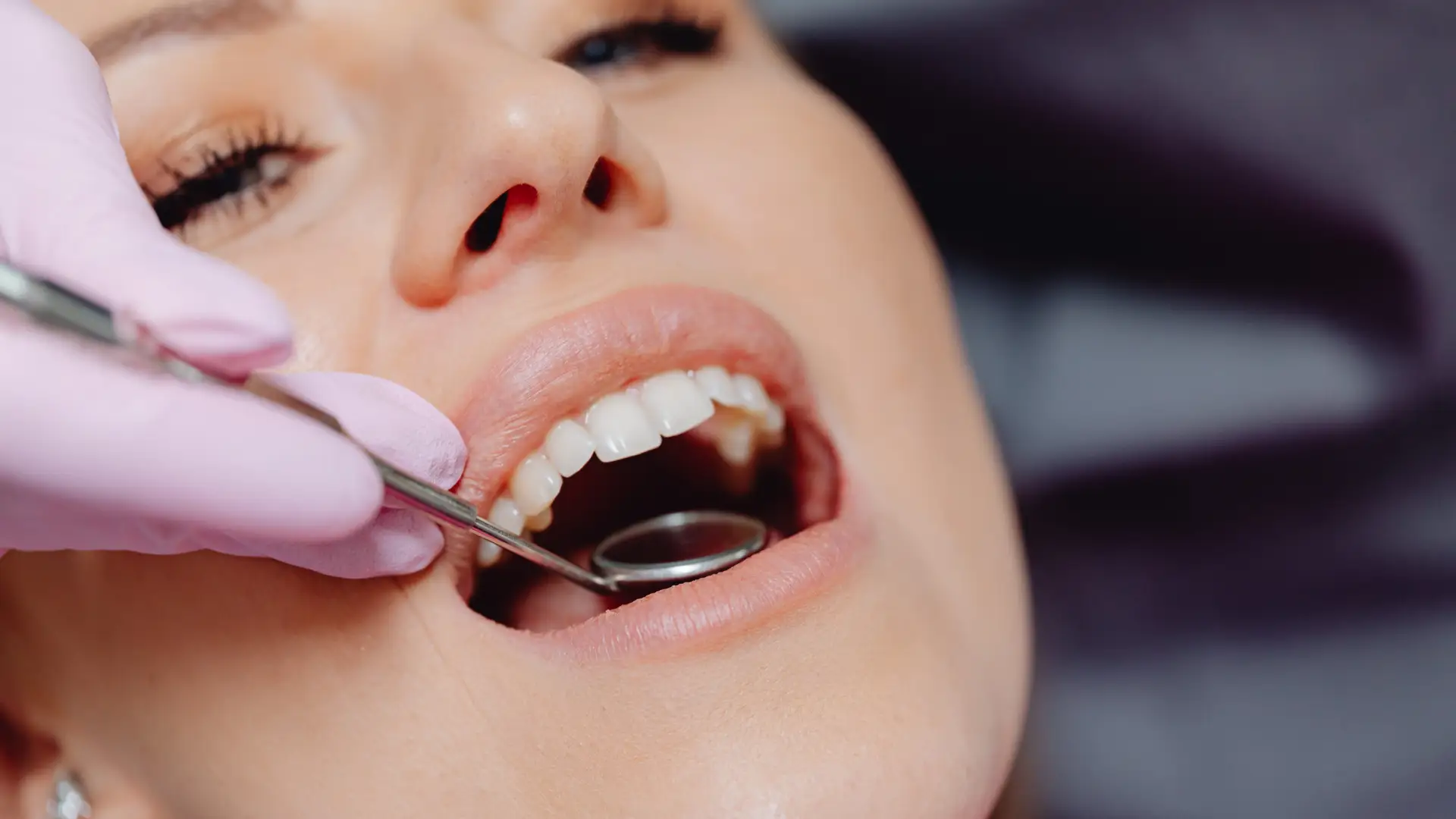World Sleep Day: Tips on How to Go to Sleep Earlier for Better Rest
Posted By:
April 1, 2025
9:00 AM
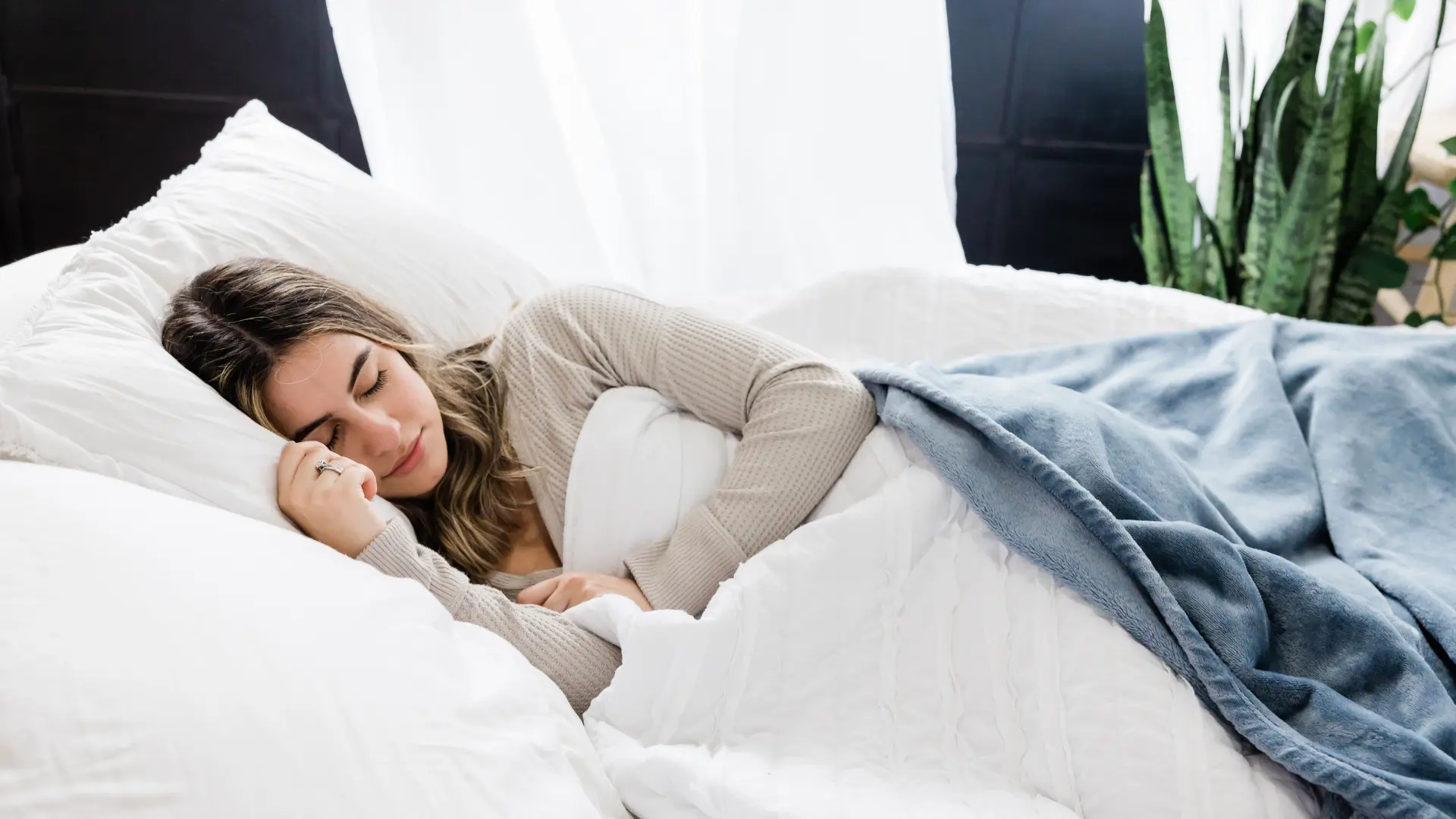
Everyone wants to get more rest. However, with today’s always-on-the-go mentality and personal and professional obligations, it can feel impossible to relax, reset, and go to bed at a decent time every night. Most people feel too overwhelmed to know how to sleep earlier and still get everything they want done.
World Sleep Day, which we celebrated on March 14, is meant to raise awareness about the importance of healthy sleep. While one day may not be enough to reset your sleep clock, it may be the jump-start you need to build better sleeping habits, one day and one night at a time.
How to Go to Sleep Earlier: Practical Tips
Establishing and maintaining healthy sleep habits requires practice and consistency in training yourself to go to sleep earlier. Instead of getting frustrated because you aren’t getting to bed and sleeping early as you want, focus on taking small steps to accomplish your goal and waking up early. You can take practical, proactive steps to start getting to bed earlier.
Here are some healthy bedtime tips to help you overcome insomnia and fall asleep earlier, such as unwinding for better sleep.
Make gradual adjustments
Rome wasn’t built in one day, and neither are healthy sleep habits. Start by making small, gradual adjustments to your sleep schedule so you don’t feel overwhelmed. Shifting your bedtime earlier by even five minutes can help. Build from there and make it ten minutes, then bump it to 15 minutes. Slowly but surely, you’ll be making progress toward establishing an earlier bedtime and getting more rest.
Please read more about the best exercise for better sleep here: Exercises to Do Before Bed for Better Sleep
Get into a rhythm
Once you start to establish a regular bedtime, keep it consistent. That means going to bed and waking up at the same time every day, even on the weekends. This practice helps to regulate your body’s natural sleep-wake cycle.
Establish a bedtime routine
It also helps to establish and stick to a routine. Every night before bedtime, take a warm bath, read, brush your teeth, focus on a skincare routine, meditate, exercise, or do anything that relaxes you and signals to your body clock that it is time to unwind for the day.
Change your sleep environment for better rest
Your environment can play a significant role in helping you get to bed earlier and stay in bed for the night. Keep your room comfortable and dark. Most people are more comfortable in a cooler environment at night, so set your thermostat accordingly or have fans in your room to maintain a comfortable temperature. Add comfortable sheets to your bed, making it a cozy place you want to sink into at night. Some people also find that soothing scents like lavender make them feel more relaxed and ready for bed. Make your bedroom a sleep medicine escape for your sleep problems.
Limit certain foods and beverages
Alcohol may be a depressant, and alcohol is also linked to insomnia, but having a few drinks before bed doesn’t improve your sleep. It makes it worse. Avoid caffeine and alcohol before bedtime. Give your digestive system a break, and avoid large or heavy meals before bedtime. Your body needs time and energy to digest large meals, interfering with a good night’s rest. If you need a late-night snack, better foods for better sleep can include yogurt, hummus, rice, nuts, or whole grains.
Start healthy bedtime habits
Are you not going to be earlier because you don’t feel tired and are still wound up from the day’s events? Start initiating healthy bedtime habits. Start by getting off your phone or tablet. Avoiding late-night screen time can help you get to bed earlier in several ways. First, the light emitted by electronic devices can also suppress melatonin production, leading to insomnia and poor sleep quality. Second, scrolling your phone keeps your mind engaged and active when it should be relaxing and de-stressing. Put your electronic devices away one to two hours before bed; you are ready to hit the sack.
Why It’s Important to Go to Sleep Earlier
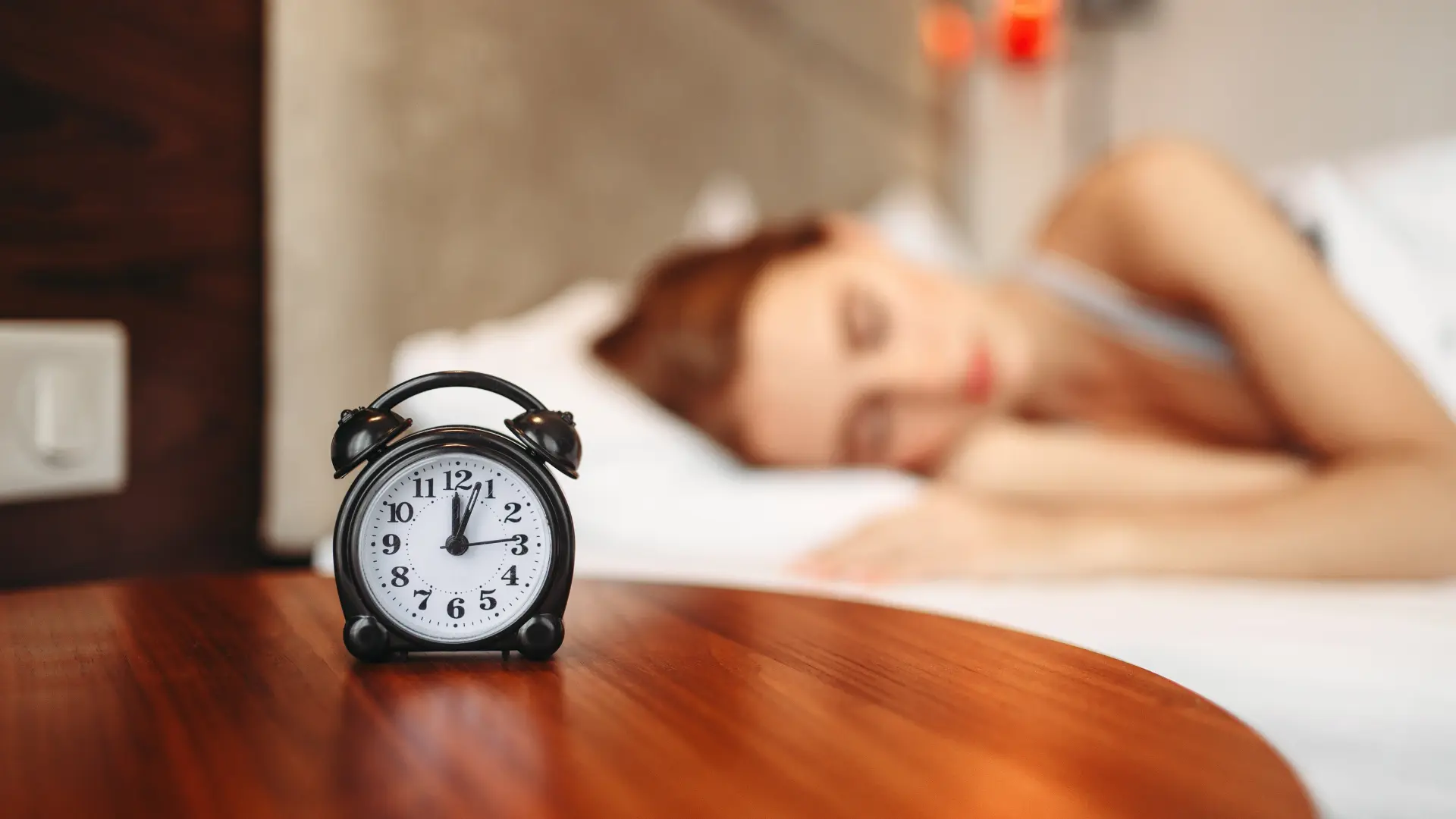
Physically, going to bed earlier can help improve your immune system, stabilize your metabolism, and increase your daily energy levels. It also gives your body time to repair damage to muscle fibers and body tissues. Better sleep also helps reduce your risk of developing chronic diseases.
Enough rest also improves mood, reduces stress, enhances cognitive performance, and reduces your chances of developing cognitive decline and diseases like dementia.
Talk to a Sleep Expert
If you are struggling with poor sleep quality, it may also be time to ask a sleep expert for help. The team at Silent Night Therapy can determine if sleep apnea is to blame and whether our oral appliance might be the solution you’re looking for. Learn more about our team and mission, or contact Sleep Better NY today to schedule a free consultation and explore your sleep apnea treatment options.
Contact us at (631) 983-2463 today to set up a complimentary sleep consultation.
